My alarm goes off at 4:00 AM every weekday, and I begrudgingly get out of bed every weekday. I frequently get asked, “Do you like waking up at 4 AM?” Umm, “No.” To be fair, I don’t like getting up at 6 AM either. I am grateful to wake up every day, but the act of waking up is not exactly pleasant for me.
I used to sleep in—actually, I used to sleep through classes in college (Art History, never heard of it). That’s a rite of passage though, right? I didn’t always consider myself “a morning person” but I seem to become more of one with age.
Here are a few tips I used to become a productive morning person. First and foremost, go to bed early. Science suggests that magic 6-9 hour window of sleep, with 8 being the magic number. I seem to do pretty well with 7 hours personally, so I try to give myself exactly that. Secondly, do not hit snooze. Snooze is a procrastinators game, and you are not waking up on time if you are snoozing; it also disrupts your sleep. Before I go to bed, I have made up my mind I am getting up when that alarm goes off. Lastly, I have a hot cup of coffee first thing in the morning. I really look forward to that lovely cup of joe in complete silence, while I take in the morning views and mentally map out my day, everyone else asleep. Coffee is one of my primary motivators to get out of bed because I only drink it in the morning and boy do I love it!
My biggest motivator to wake up at 4 AM is exercise. The wee hours of the morning are my time to train. Every task is an opportunity to train my mind, but the early morning hours are my sole opportunity to train my body. Early morning HIIT work sets the tone for my day. There are plenty of studies evaluating the psychological benefits of morning exercise. A 2005 study (1) indicated a single 60-minute exercise class increased positive affect and diminish negative affect, regardless of the time of exercise. Interestingly, this positively influenced mood state was greater when exercise was performed in the morning as compared to the afternoon.
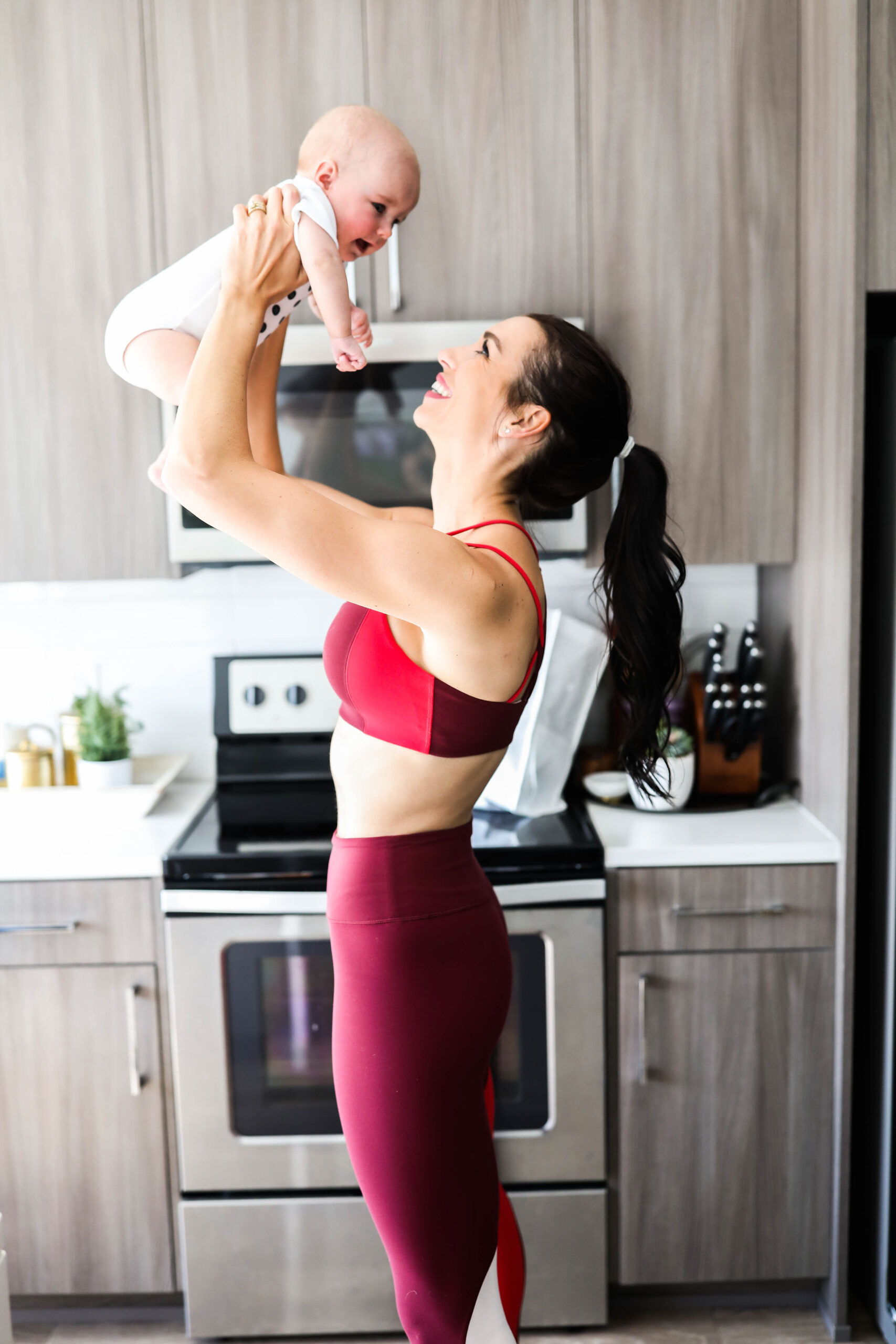
Anecdotally speaking, I feel fantastic concluding a grueling workout at 6 AM. I am extremely productive in the mornings because I tell myself I can be. I typically workout, shower, get ready for work, eat breakfast, clean, and do a little work before most people are even awake. This sense of accomplishment is another reason I am able to get out of bed so early.
I’ve been researching chronotypes, or individual circadian rhythm typologies. There are three different chronotypes: evening-types (E-types), morning-types (M-types), and neither-types (N-types). Our chronotype widely affects our biological, behavioral and psychological functions. M-types show an early peak along the day of body temperature and serum cortisol, and they usually perform best in the morning (think physically and mentally). I completed the Morningness–Eveningness Questionnaire (MEQ) and was classified as “moderate M-type.” Based on my responses, my brain is hypothesized to produce melatonin around 8:15 PM. I feel so justified in my choice to go to bed at 8:30 PM now. If you are interested in learning more about your chronotype or some of the research I’ve read, check out the sources below.
Sources:
-
Maraki, M., Tsofliou, F., Pitsiladis, Y., Malkova, D., Mutrie, N., & Higgins, S. (2005, September 12). Acute effects of a single exercise class on appetite, energy intake and mood. Is there a time of day effect? Retrieved October 22, 2020, from https://www.sciencedirect.com/science/article/abs/pii/S0195666305000991
-
Vitale, J., La Torre, A., Baldassarre, R., Piacentini, M., & Bonato, M. (2017, July 05). Ratings of Perceived Exertion and Self-reported Mood State in Response to High Intensity Interval Training. A Crossover Study on the Effect of Chronotype. Retrieved October 22, 2020, from https://www.frontiersin.org/articles/10.3389/fpsyg.2017.01232/full
-
https://www.sleephealthfoundation.org.au/pdfs/World%20Sleep%20Day/Activity%20-%20Morning-Eveningness%20Questionnaire.pdf

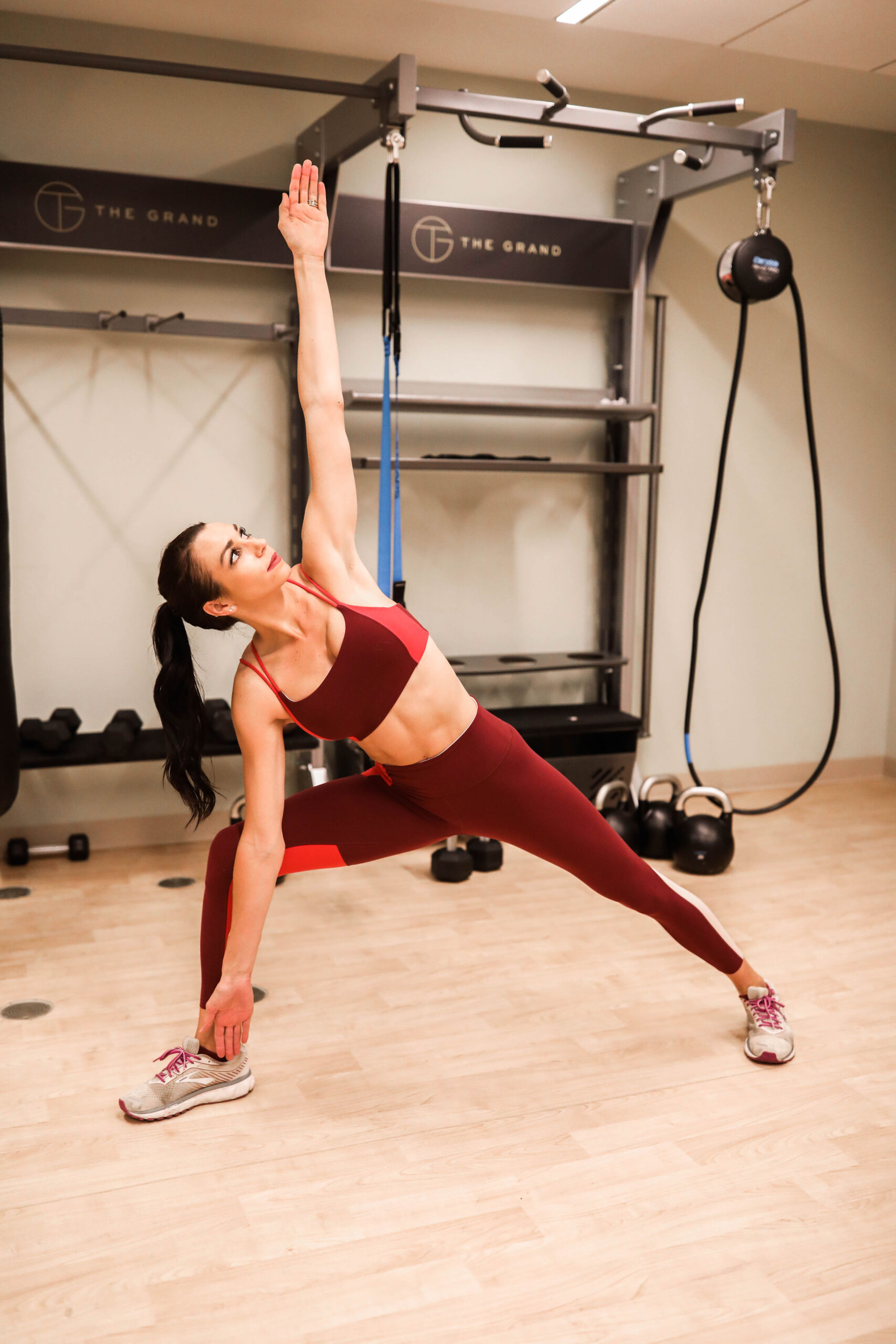









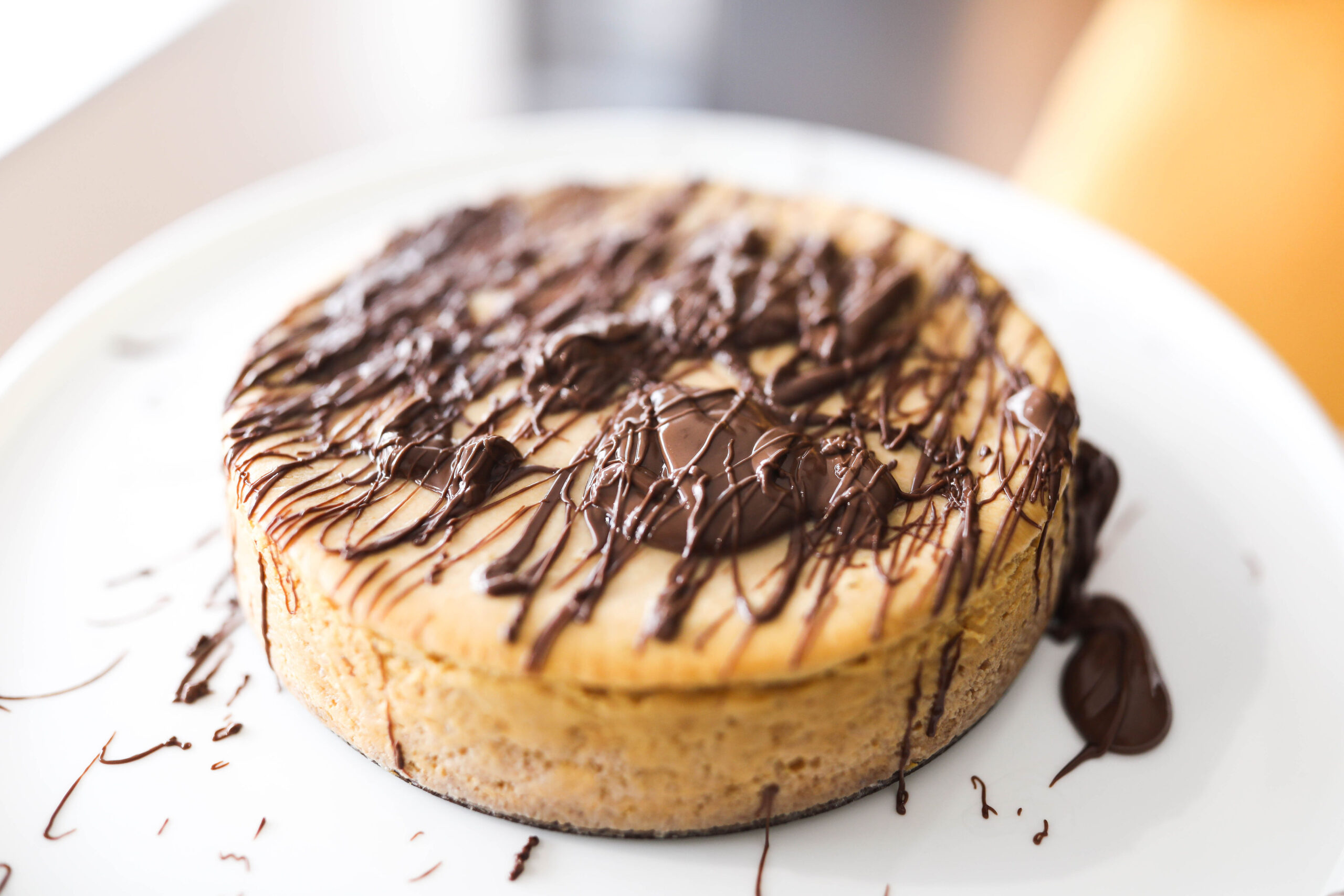
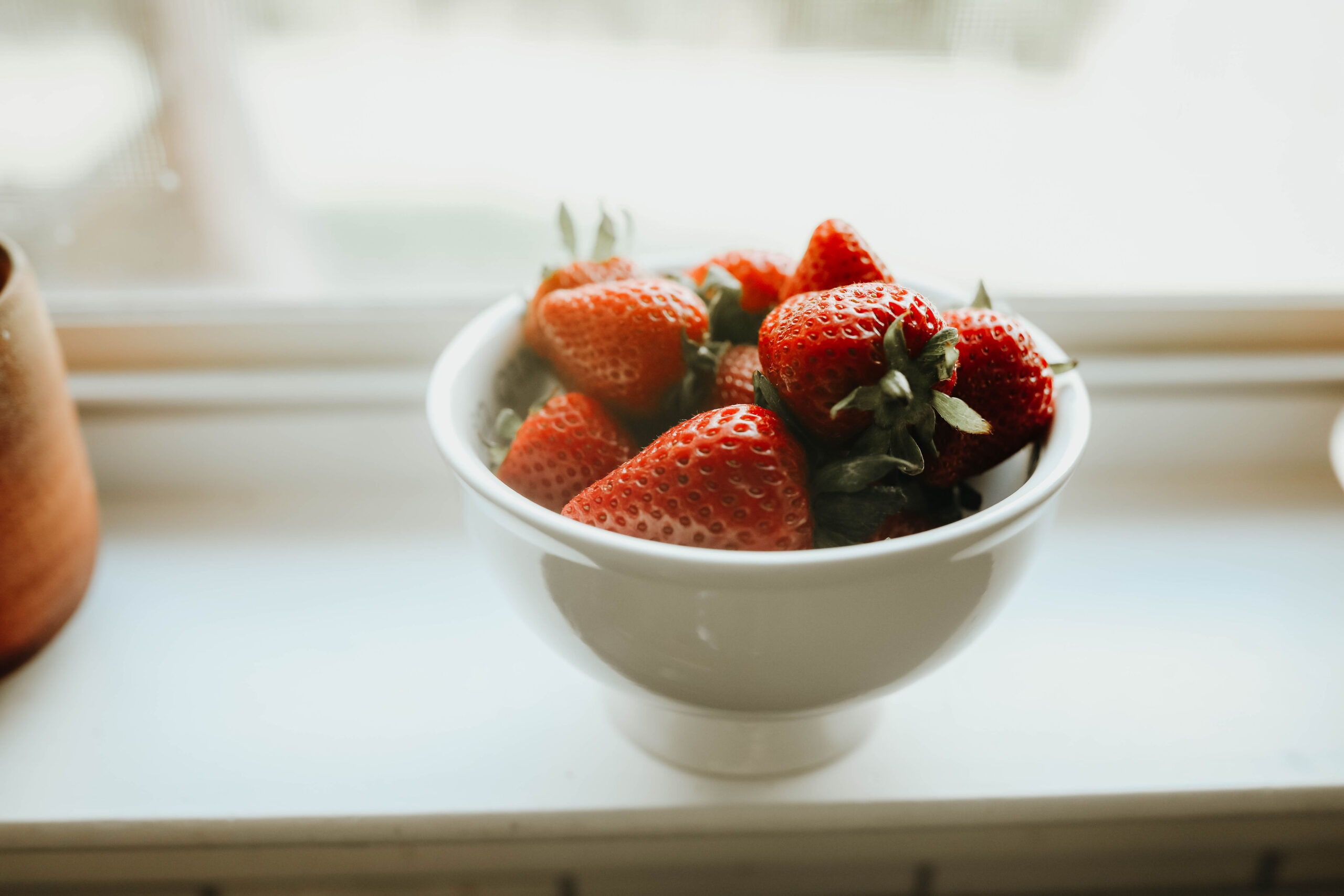

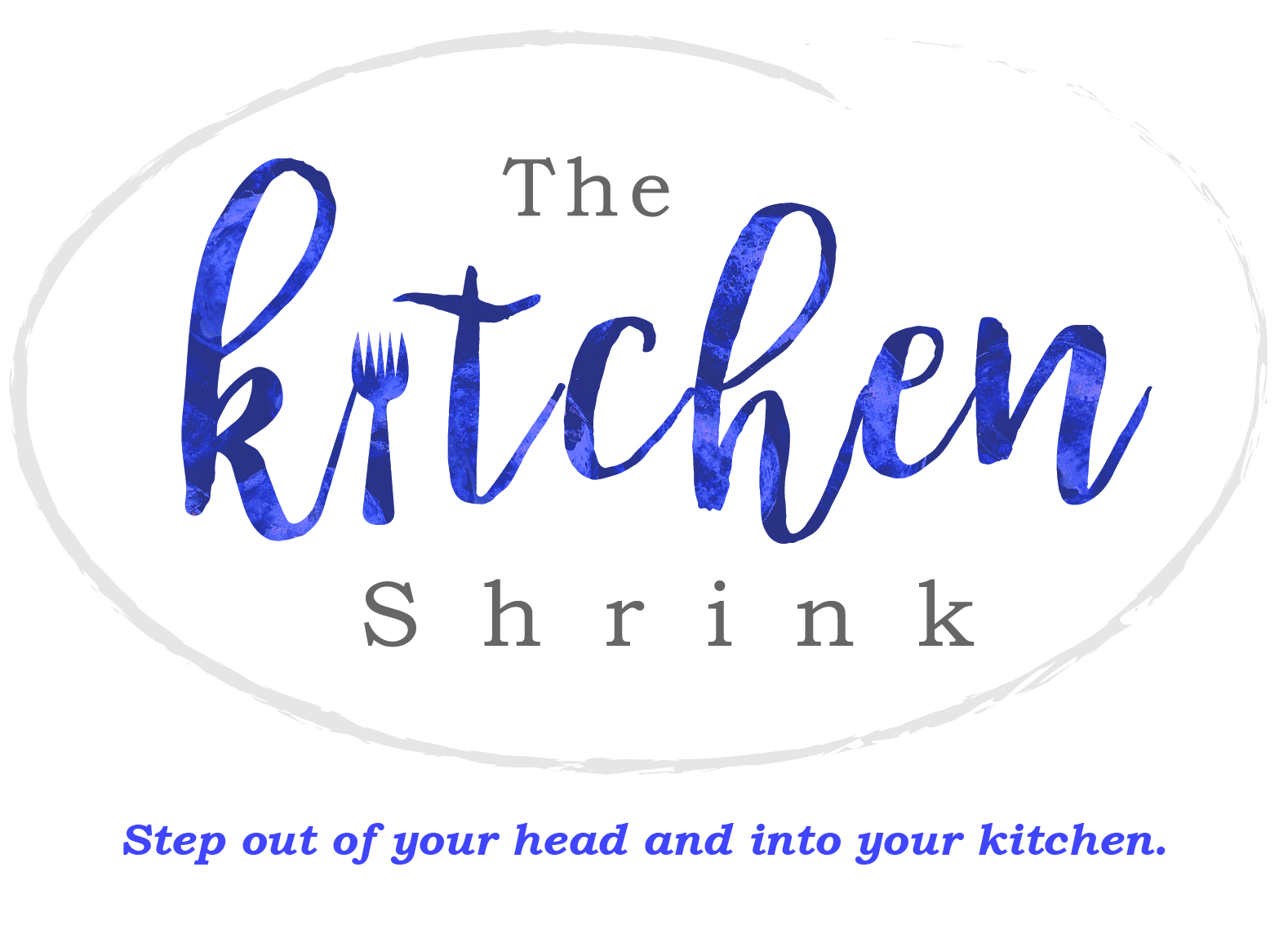
Very interesting Kelsey . Great site .
Thank you so much, Holly!